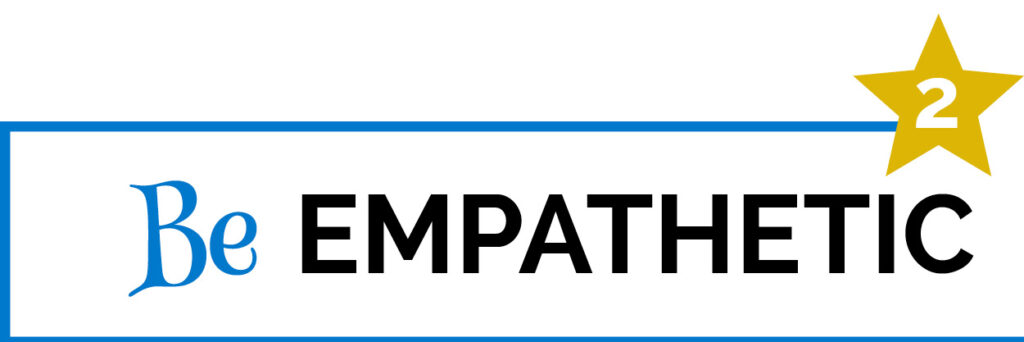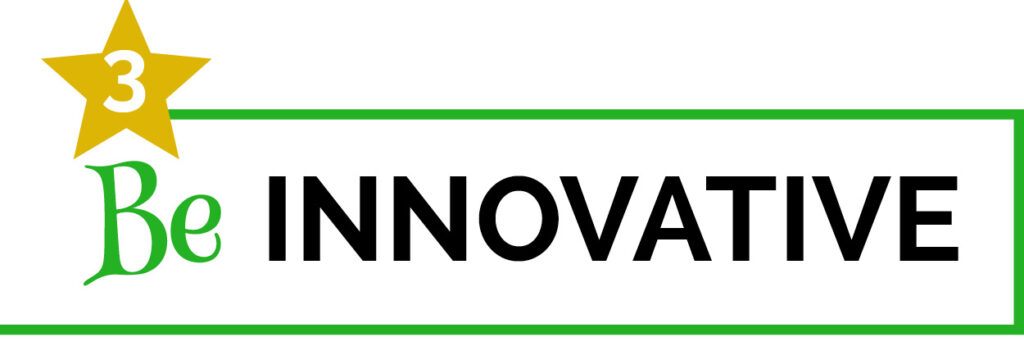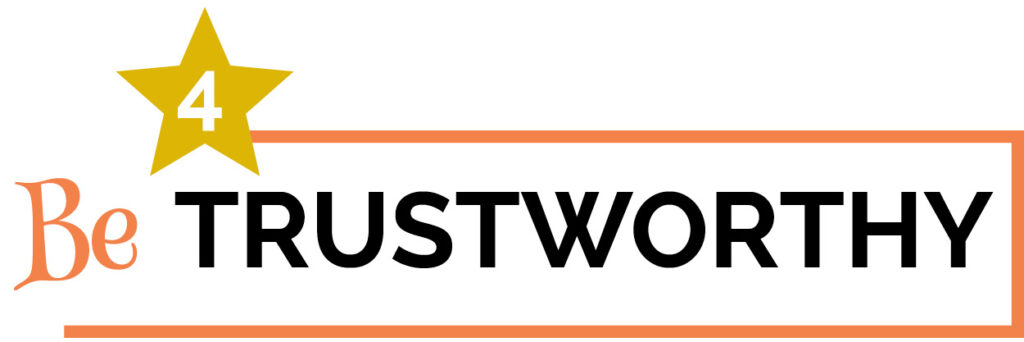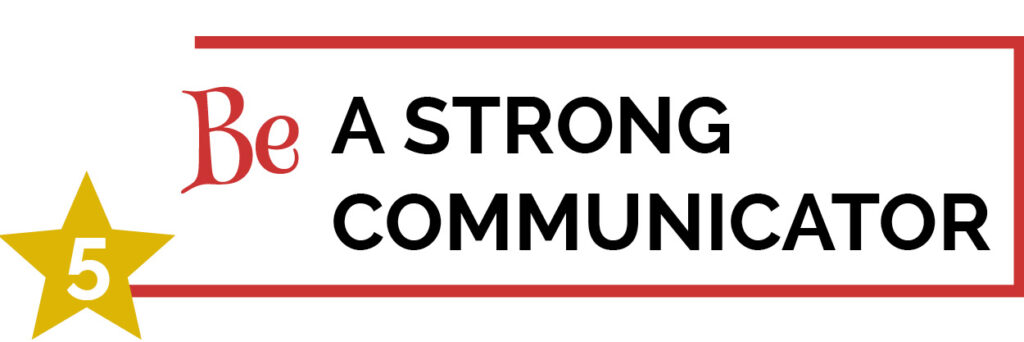
Top Tips for Employers as You Support Parents AND Live up to Company Standards
Expectations are unmet when they are unspoken. For both you and the parents you employ, the worst thing you can do is go into this time of transition and uncertainty without a plan and clearly defined expectations. You can NOT leave this to chance. As an employer, you need to be clear about expectations related to availability, working hours, and productivity. You also need to recognize that these most likely won’t be the same as they have been in the past. The current circumstances make it nearly impossible for employees to perform at the same level. However, you can make adjustments to serve you both. For example, in exchange for more flexibility and varied hours, you may be able to expect more focus on specific projects.
Questions for employers to answer:
- What is my expectation of the time that this team member puts into their work?
- What is my expectation of this employee’s availability and responsiveness?
- What is my expectation of this employee’s productivity?
- What can I do too set this employee up for success?
- What are this team member’s work hours and boundaries?
- What communication agreement do we need to put in place?
Resources to have on hand:
- Know the laws
- Know your company’s policies.

Empathetic people are curious and caring. They ask questions first and express care in words and actions. The ability of a company and its leaders to express empathy has become a hot topic in the last few years. Check out this article sharing how empathy has even become measurable.
Empathy is a key ingredient in human connection. When it is authentic, it goes a long way in establishing trust and teamwork. As parents are struggling with constantly changing circumstances and needs of their children, it is critical that you offer compassion, name their challenges, and offer grace when needed. Will you always get the top level of productivity from these employees? That’s not likely. Will you get their loyalty and commitment? Most likely!
Questions for employers to answer:
- Where am I frustrated with this employee? In this situation, what are they dealing with that I might not see or know? How can I support them in a way that helps them and eases my frustration?
- Daily/Weekly/Monthly – what is the challenge this employee is facing that is getting in the way of them meeting their own or my expectations?
- Have I expressed authentic empathy? How? Did it matter to how I interacted with this employee?

According to Tom Kelly of IDEO in The Ten Faces of Innovation, oftentimes true innovation is more likely when resources like time and money are limited. He also claims, “today, companies are valued less for their current offerings than for their ability to change and adapt and dream up something new.” Why not use this time to flex your innovation muscle and become an industry leader in a whole new way by creating standards for working from anywhere.
As companies like yours explore options for setting everyone up for success with innovative solutions, there is an increased need for learning and development. It’s one thing to create a plan. It’s another to live it out. Check out this post on how we are working with companies to train and implement “Work from Anywhere”competencies and practices.
Questions for employers to answer:
- What are the challenges we need to solve?
- What are our limitations?
- What are the assumptions and facts?
- What is our tolerance for failure in experimenting with new things?
- What would it mean if a new idea succeeded?

We know that every interaction is an opportunity to build or destroy trust. When an employer and employee have a high level of trust, it follows that their ability to reach and exceed goals skyrockets. There are countless books and articles written on this subject!
We also know that when we are stressed our negative characteristics come out. Coronavirus has offered up more than enough stressful situations these last few months to draw from as examples of this in action.
Building trust is long, hard work. It requires consistency, authenticity, adaptability and forgiveness.
Questions for employers to answer:
- How do I build trust with my employee?
- What would help to improve my trust in this employee? How will I communicate this?
- Have I been a trustworthy employer?
- What can I do to build this employee’s trust in me? How will I communicate this?

This is perhaps the most important tip of all. Use all of the tools at your disposal – email, text, phone, video conference, in-person to communicate with clarity. This isn’t a one-and-done task. It’s an ongoing, critically important, 100% mandatory part of your successful relationship with this employee.
If you are not communicating, leaving things out, or confusing employees with your communication, you destroy trust and set them up for failure. Saying nothing about this time is still saying something. It’s that simple.
Questions for employers to answer:
- Is this employee confused about or unaware of anything at this time that is creating conflict? How can I fix this?
- What tools do we have for communicating with this employee? Are we using them effectively?
- Have we named our expectation for availability and responsiveness to communication with this employee? Are we holding ourselves to this same standard?
- How can we be better at communicating with clarity?
As you consider these tips and work hard to plan for a successful transition for your company and parent employees, we want to help! We have created an incredible set of development tools and workshops called “Work from Anywhere.” We’d love to share them with you or customize a program that meets your needs.

